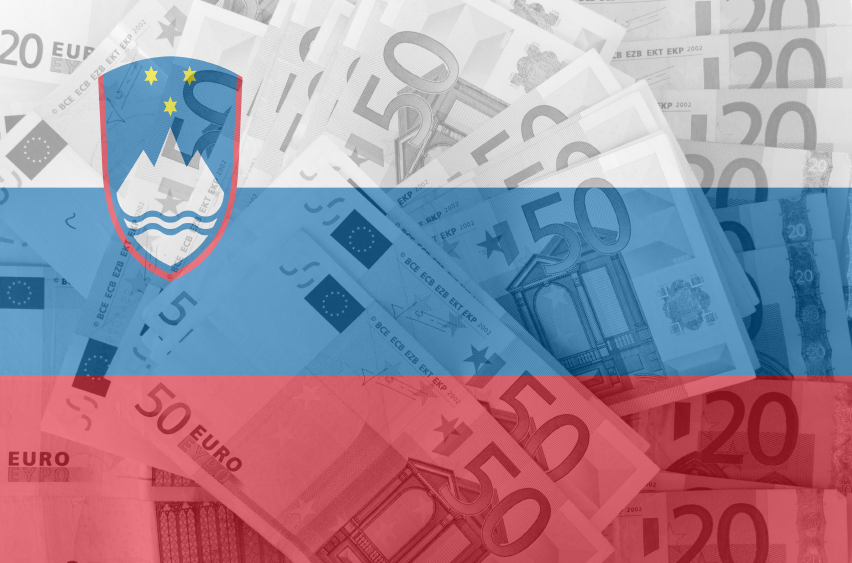Financing your Studies in Slovenia

Cost of your studies
Tuition fees
Higher Education for undergraduate degrees is free for all Slovenian and EU students studying full-time. 80% of students pay no fees. There is a 30 € annual registration fee for all programmes. Non-EU students studying full-time, all part-time students, and all students at private HEIs, pay between 1,500 and 10,000 € a year, depending on the programme and the institution. There are no distinctions made between Slovene, EU and non-EU students in the fee levels charged. Three-month courses in Slovene for foreign students intending to enter a programme of study in that language are 1,320 €. Novice students will usually require further courses to reach B2 level. Doctoral students form a special group. Some are employed as junior researchers and are paid a salary and receive the costs of their research work and studies. Those students not employed under this scheme are entitled to the normal privileges, such as free health insurance, available to regular students.
Cost of living
Total living costs for a student range from 250 to 500 € a month, depending on the type of accommodation chosen. Student residence is available at most universities and is allocated on the same basis to all students. There may be a means-test at some universities for admission, and Slovenian students may get priority on waiting lists. The cost is between 80 and 160 € a month. Private rooms cost 150-250 € and private apartments, or ones suitable for sharing, cost between 300 and 700 € a month. Bills for heating, water and electricity are not usually included in the rent. Internet and cable television costs are around 25 € a month. A monthly transport pass is 20 € for students and an inexpensive restaurant meal costs around 7 €. Subsidized meals at university restaurants are around 3 €.Total monthly food costs are estimated at 100- 200 €. EU students must have the European Health Card from their own country.
Financing your studies
Public support
30% of students in Slovenia receive some government support. Students must be under 26 years of age. A need-based scholarship is worth between 840 and 4,700 € a year. Additionally, the parents of students under 26 are eligible for tax benefits of around 2,500 € per year for each student. There are no family allowances in Slovenia.
Scholarships
There is a state scholarship scheme for gifted students. These merit-based scholarships are worth between 1.220 and 3.680 €. Foreign students from countries with bilateral agreements with Slovenia may also be eligible. The government provides a number of other scholarships under various bilateral agreements and reciprocal arrangements with other countries. There is a wide range of scholarships for Slovene and foreign students offered by various public and state foundations. As well, there are Professional scholarships offered by commercial companies and businesses. There are also scholarships available for students from a number of foreign countries, especially those of the old Yugoslavia and from Egypt and Tunisia. Slovenia participates in the European Erasmus Mundus programme for advanced study at Master’s and Doctoral levels.
Student Loans
There is no government guaranteed student loan system in place in Slovenia. However, loans from private banks may be available for full-time study at favourable interest rates and repayment schedules.
Student Jobs
EU citizens may work freely under the freedom of movement provisions of the European Union. Non-EU students with resident permits can work on a temporary basis. A full work-permit is required for permanent work and these are subject to a quota system. Employers do not have to pay tax, insurance or pension payments for students, so finding work may be a little easier for this reason. There are no employment contracts and payment is usually by the hour. However, the current economic situation and a close-knit society may make it difficult for students to find work. Fluency in Slovene is usually necessary.
